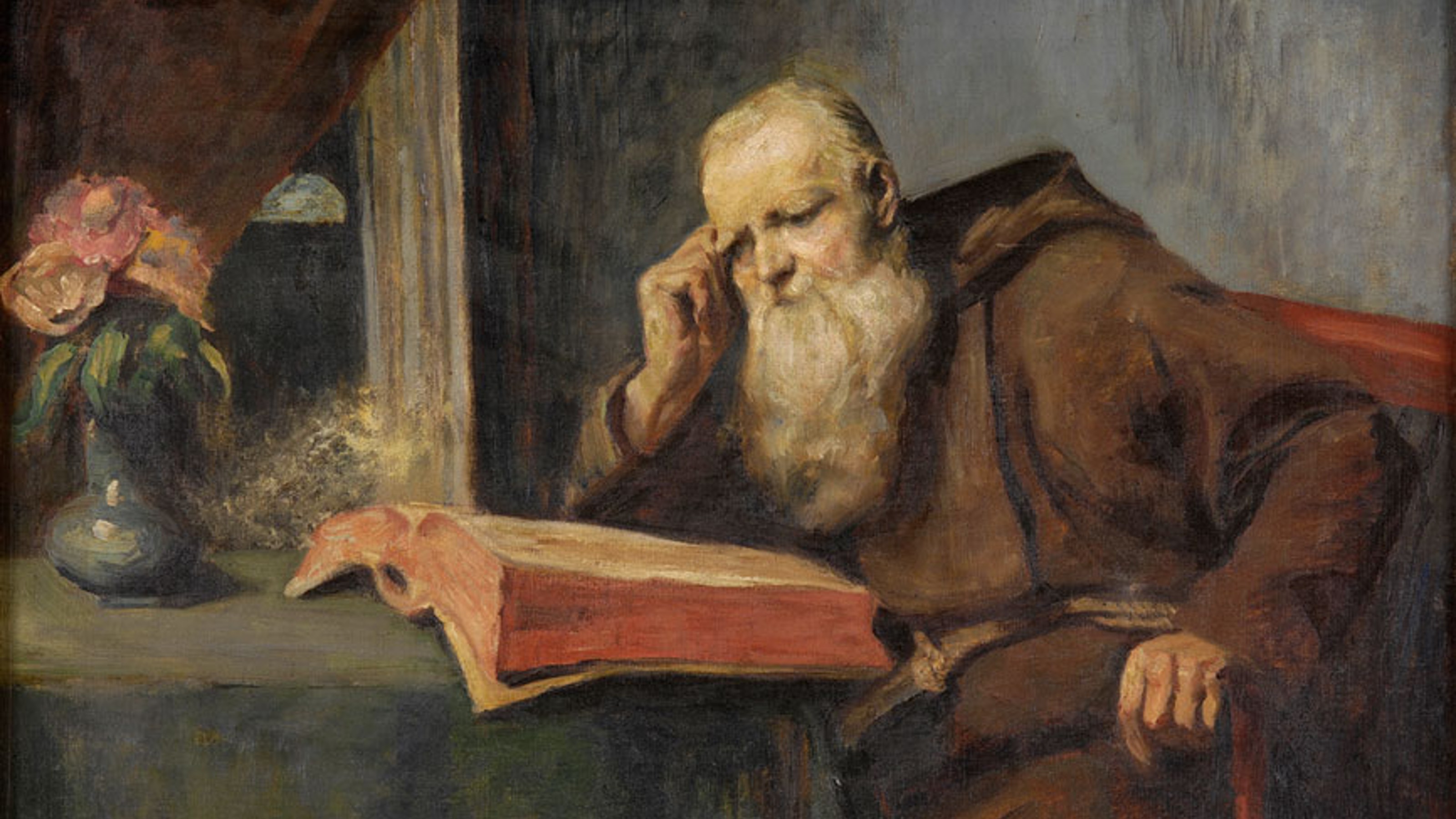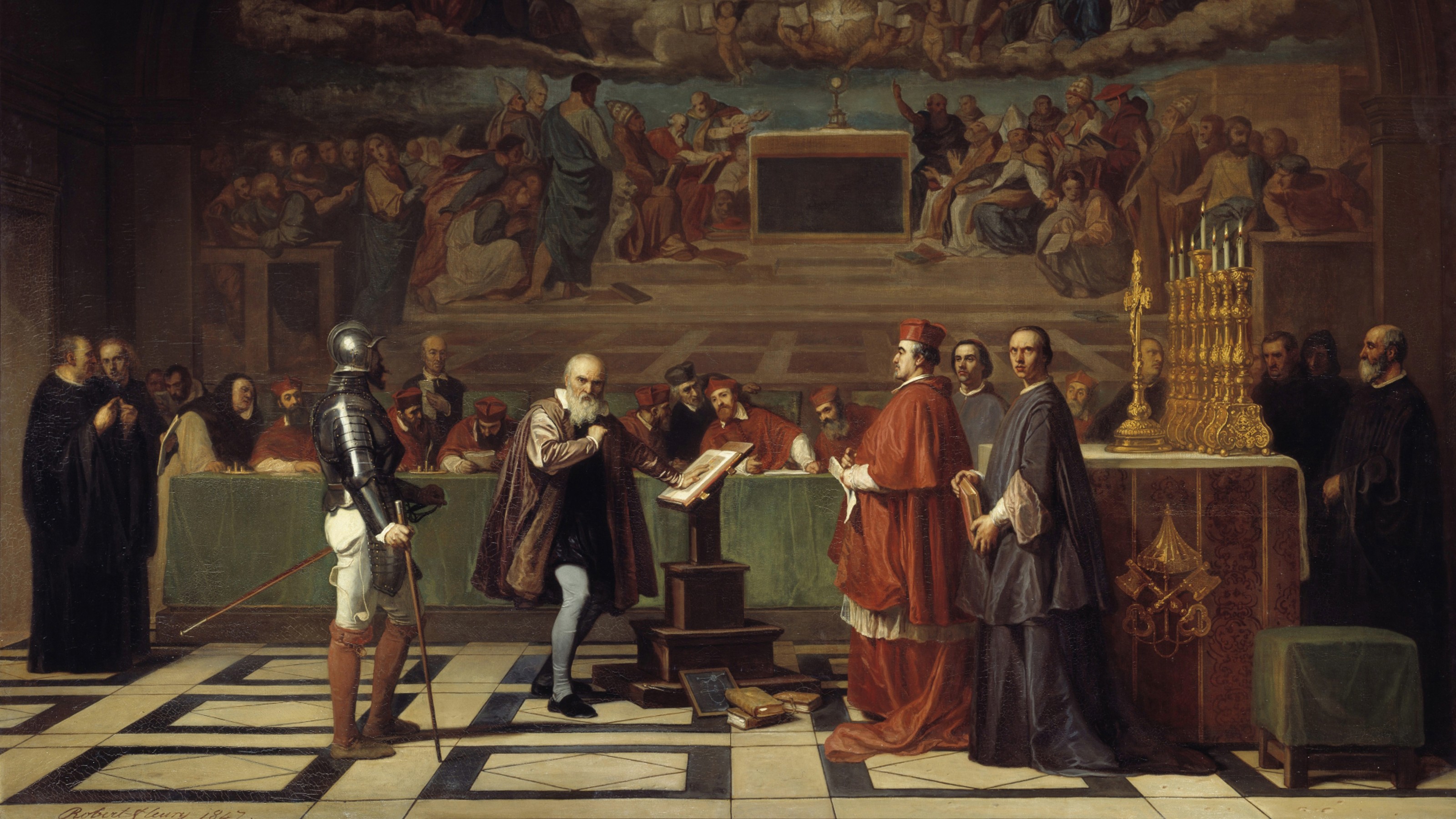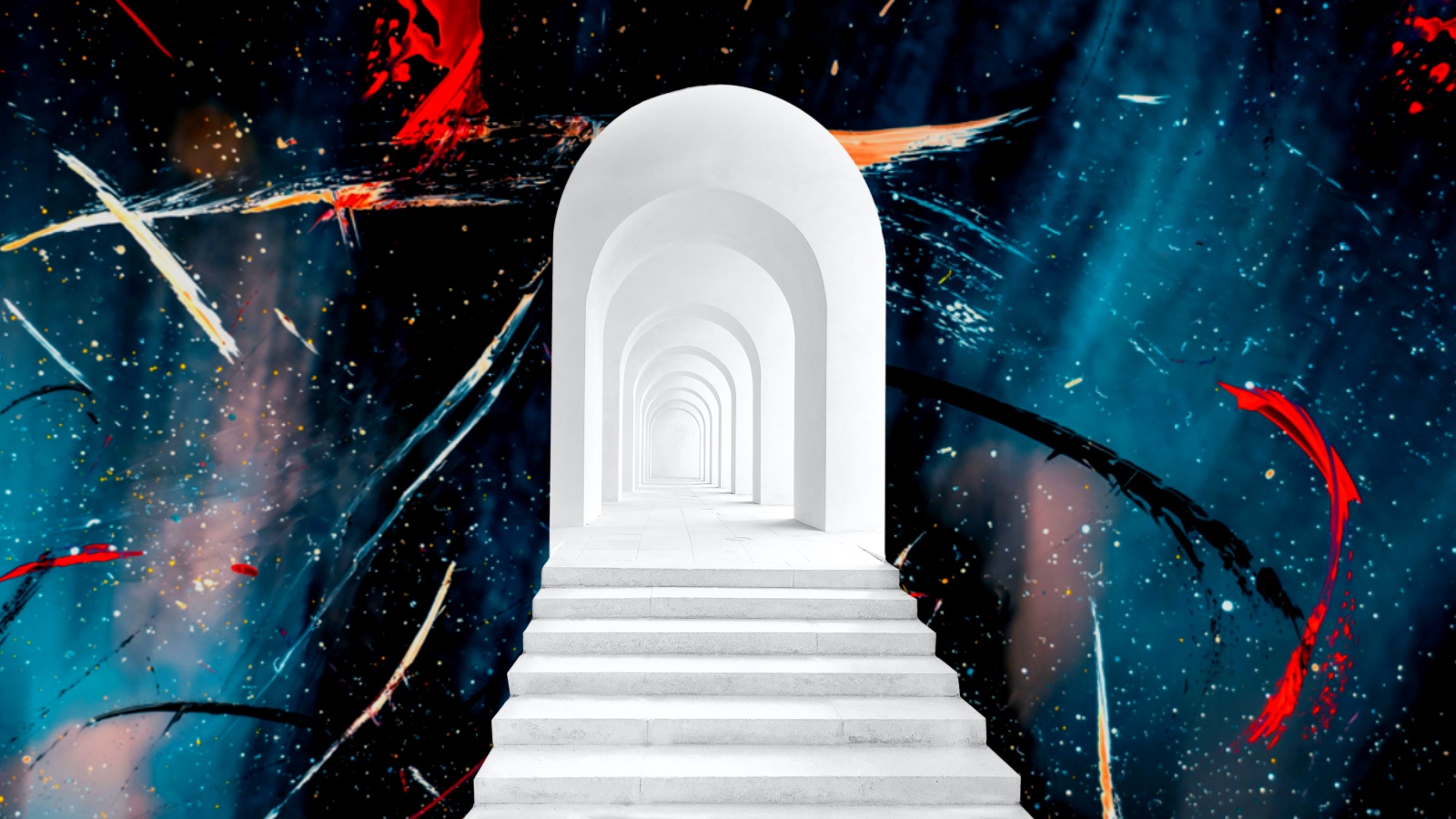Three pieces from Big Think.
- How history is told by story-tellers, and cannot be taken literally;
- How philosophy advances science by asking forbidden questions;
- How questions about the “meaning of life” reveal the narrative bias.
Three sciency links, all from the same site on the same day, five days ago.

Big Think, Jonny Thomson, 22 Oct 2023: How storytellers (and their biases) crafted our history, subtitled “Discover how the threads of myth, legend, and artistry have been woven together by storytellers to craft history.”
Key Takeaways
• Everything you read in a history book has been written by someone with an agenda and biases. • A surprising amount of history has been handed down to us through the works of nonhistorians. • Here, we look at how people like Herodotus, Shakespeare, and Tolstoy have defined history.
A familiar idea. Among many other implications, it undermines the simplistic idea that the Bible, with all its edits and translations over the centuries, is in any way the literal word of God. (God didn’t write it; men did, especially Paul in the New Testament. Why shouldn’t we take modern church leaders just as seriously as we take Paul? I suppose some do.) This piece covers this:
That is not to say the Old Testament is filled with lies. Some of it can be verified and fact-checked by other sources, such as Persian historians. However, a lot, especially the earlier events, cannot.
As Cohen writes, “We do not have external evidence that kings called Saul, David, or Solomon ever existed — no traces that archaeologists can examine, no mentions in the records of other nations in the region.”
However, these stories’ placement in the Bible made them immune to historical critique for much of Western history. For instance, the Catholic Church excommunicated the Dutch Jewish philosopher Baruch Spinoza in 1656. Among his 36 acts of wrongdoing was claiming that the Bible should be no more privileged as a source of history than any other document. For this heinous crime, he was cut off from civil society and even had attempts on his life.
You can live a fantasy, theme-park life (as Mike Johnson apparently does, believing there were dinosaurs on Noah’s Ark), or you can be a critical thinker, reading widely from different sources, and understanding that none of them are 100% accurate. (I have a book about this which I haven’t yet read: Alex Rosenberg’s How History Gets Things Wrong: The Neuroscience of Our Addiction to Stories.)
\\\

Big Think, Scotty Hendricks, 23 Oct 2023: How advances in philosophy made the world safer for scientists, subtitled “Science and philosophy seem to be separate fields, but philosophical advancements have made the world more accepting of debate and unorthodox ideas.”
Key Takeaways
• Scientists work in societies shaped by ideas in social and political philosophy. • As philosophy advances, science is given the tolerance it needs to advance, too. • While we might like to think we’re more enlightened than those in the Middle Ages, modern societies have persecuted scientists, too.
How useful philosophy is to science has been endlessly debated; some say it’s not useful at all. I think it is: it helps formulated which questions are worth asking. On the other hand, philosophy can be viewed as a history of wrong, intuitive ideas, about cosmology and the mind, going back to the Greeks, who promoted notions without any thought of trying to verify them through evidence. That idea didn’t arise until the Enlightenment. Where philosophers are working now, it seems to me, are precisely those areas where science has not gathered enough knowledge to draw firm conclusions. (Especially, e.g., about the nature of consciousness, and free will.)
This piece argues that philosophy made the idea of scientific inquiry more tolerable —
Comparing science before and after the rise of ideological tolerance in the West is like comparing the darkest night to the brightest day.
— where we can take “ideological tolerance” as a loosening of Church authority. Copernicus; Bruno; Galileo.
Yet this continues: The Soviet Union and Lysenkoism; and current efforts in the US by conservatives to distort or deny science.
\\\

Big Think, Brian Thomas Swimme, 23 Oct 2023: A student asked her cosmology professor the meaning of life. Here was his response., subtitled “‘To take this in, you need to ride inside the mathematical symbols.’”
Key Takeaways
• Brian Thomas Swimme is a professor in the Philosophy, Cosmology, and Consciousness (PCC) Department at CIIS in San Francisco, CA. • In this excerpt of his book Cosmogenesis, Swimme recounts a time one of his students asked him about the meaning of life. • Swimme was surprised by his answer, especially since his own professor had once told him that “science doesn’t deal with meaning.”
An excerpt from the author’s book Cosmogenesis: An Unveiling of the Expanding Universe, “From the host and cocreator of PBS’s Journey of the Universe”, published about a year ago. He discusses a classroom experience, in which this question came up.
Oona Fitzgerald raised her hand, her round, freckled face beaming. “What’s the meaning of life?” she asked. This evoked some tentative laughter, and she smiled as if she might be joking. But after glancing around, she faced me again and waited. It would have been simple enough to avoid her question with a light remark, but I wanted to honor her sincerity. The bit of courage I needed came when I remembered Dr. Barker’s response to the same question I myself had asked a few years earlier in my quantum mechanics course. His irritated reply—“Science doesn’t deal with meaning”—left me feeling foolish. As if no real scientist would ask such a question. Only an amateurish pretender. Years later, and his words were still with me.
…. “If you want to know the meaning of life, look at your hand. Energy flows through your skin and bones without which you would freeze to stone. That flow of energy in your hand came from the beginning of time. Your hand grew out of the colossal sphere like a flower rising up from topsoil. No one in the history of humanity knew that the expansion and contraction of the universe transformed primal atoms into stars and galaxies. Nor did any person know the quantum field theory and the general theory of relativity that govern this sphere of light. None of the sages or kings had the slightest notion of any of this, but now we know the mathematical dynamics by which the universe brought itself forth. Those same dynamics are coursing through us. The universe’s creativity is happening now. The exact same dynamics are at work. Our bodies churn with creativity rooted in the beginning of time.”
And what *I* realized reading this, is that the question “what is the meaning of life” is yet another example humanity’s narrative bias, our predilection to find causes and results, whereas the universe is actually random and full of coincidences, without any “meaning.” It’s the wrong question. It’s the state of the universe that most people cannot live with, and so invent religious fantasies to make life easier.





